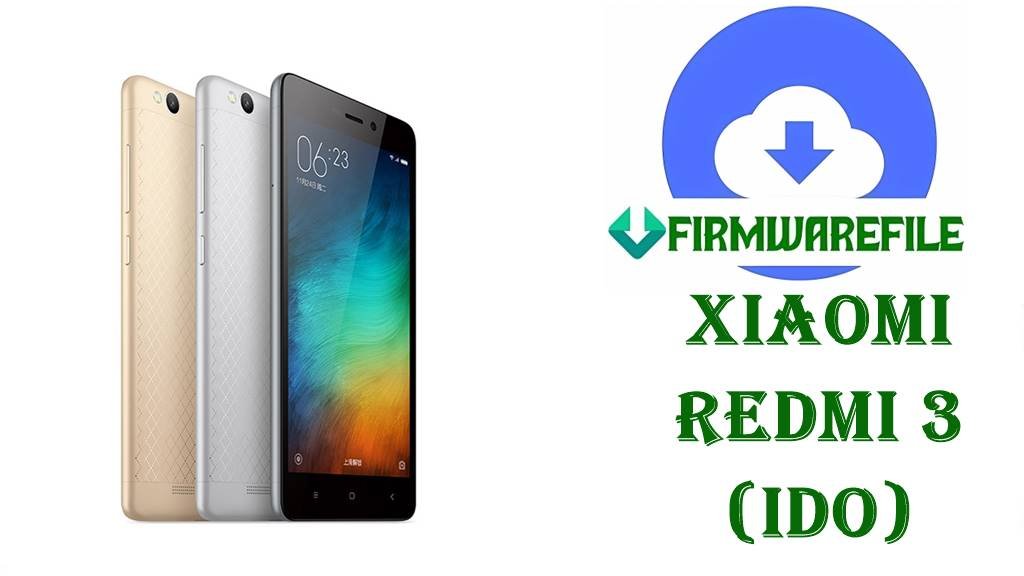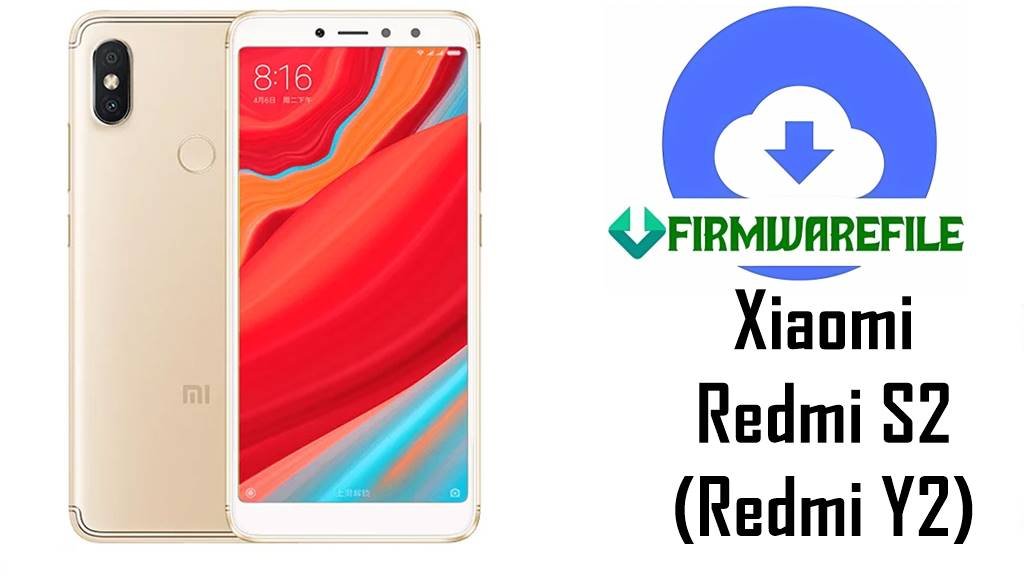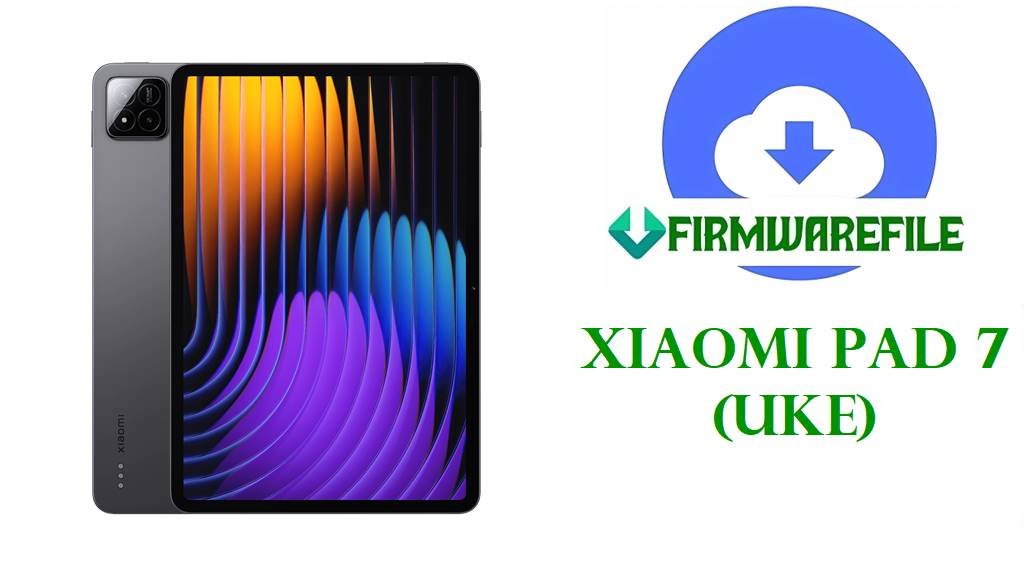Download Xiaomi Redmi 3 Firmware (ido): Fix Bootloop, Lag & Software Issues
This comprehensive guide provides direct download links for the stock firmware flash files and step-by-step instructions to restore your Xiaomi Redmi 3 (ido). Whether you need to reset your phone, fix bootloop issues, bypass password locks, resolve device freezing, or address other software problems, this guide has you covered. The Redmi 3, featuring a Snapdragon 616 chipset, a 5.0-inch HD display, and a 4100mAh battery, is a budget-friendly device from 2016 known for its compact design and impressive battery life. Note: This article is for the ido codename (Redmi 3), not to be confused with other Redmi models like Redmi 3S/3X (land), Redmi 4A (rolex), or Redmi 4X (santoni).
⚠️ Essential Pre-Flash Checklist
Flashing can lead to errors if not done correctly. Complete this checklist to ensure a smooth process. All data will be wiped, so a backup is critical.
- ✅ Full Data Backup: Save photos, contacts, and files to Mi Cloud, Google Drive, or a PC to prevent data loss.
- ✅ Charged Battery: Ensure your Redmi 3 has at least 60% battery to avoid interruptions during flashing.
- ✅ Windows PC: The Mi Flash Tool requires a Windows operating system.
- ✅ Original USB Cable: Use a high-quality USB cable for a stable connection to your PC.
- ✅ Unlocked Bootloader: Flashing requires an unlocked bootloader. Use the official Mi Unlock Tool (expect a 7-15 day waiting period).
- ✅ Required Software: Install the latest Mi Flash Tool and Xiaomi USB Drivers.
Understanding the Firmware: Types and Regions
Selecting the correct firmware is crucial to avoid bricking your Redmi 3 (ido). The ido codename is specific to the Redmi 3 with the Snapdragon 616 processor, distinct from Redmi 3S/3X (land, Snapdragon 430) or other Redmi models.
- Fastboot ROM (.tgz): A full factory image for Mi Flash Tool, ideal for unbricking or reverting to stock MIUI.
- Recovery ROM (.zip): Used with custom recoveries like TWRP for installing custom ROMs like Xiaomi.eu.
- Region Codes:
- CNFD/CNFA: China version, optimized for local networks but may lack Google Play services.
- MIFD: Global version with Google services and multi-language support.
- EUXM: Xiaomi.eu version, a debloated MIUI ROM with Google services and multi-language support.
Official Firmware Downloads for Redmi 3 (ido)
These firmware files are sourced from Xiaomi’s official servers or trusted repositories for reliability and security. Ensure you download ROMs for the ido codename to avoid compatibility issues.
| Region | MIUI Version | Android | Release Date | Download Link |
|---|---|---|---|---|
| China (CNFD) | V9.6.1.0.LAICNFD | 5.1 | 2018-06-19 | Fastboot ROM |
| Global (MIFD) | V9.6.2.0.LAIMIFD | 5.1 | 2018-08-13 | Fastboot ROM |
| EU (EUXM) | V9.5.2.0.LAICNFA | 5.1 | Unknown | Recovery ROM |
TWRP Recovery for Redmi 3 (ido)
To flash custom ROMs or recovery ROMs via TWRP, install the TWRP custom recovery specific to the Redmi 3 (ido).
- TWRP Recovery: TWRP-3.7.0_9-0-ido or TWRP-3.7.0_9-0-ido (EU mirror) – Official TWRP image from TWRP’s site, suitable for flashing recovery ROMs. For updates, check TWRP’s official site or XDA Forums.
How to Install TWRP:
- Download the TWRP .img file and rename it to
recovery.img. - Boot your Redmi 3 into Fastboot mode (Volume Down + Power).
- Connect to your PC and open a command prompt.
- Flash TWRP by running:
fastboot flash recovery recovery.img. - Boot into recovery:
fastboot boot recovery.img.
Warning: Do not use a TWRP image for other devices (e.g., land or rolex), as it will brick your ido device. Verify that the TWRP version is ido-specific.
Recommended Custom ROMs
For users dealing with bloatware or seeking a smoother experience, the Xiaomi.eu ROM leverages the Redmi 3’s Snapdragon 616 for a refined MIUI experience. Custom ROM support for ido is moderate due to its older hardware.
- Xiaomi.eu ROM: V9.5.2.0.LAICNFA Based on Android 5.1 – Offers a lightweight, optimized MIUI experience with Google services.
- LineageOS: Check LineageOS or XDA Forums for unofficial builds like LineageOS 14.1 (Android 7.1) or 15.1 (Android 8.1). Support may be limited due to the Snapdragon 616, with potential issues in features like the camera.
How to Flash: Step-by-Step Instructions
Choose the flashing method based on your firmware type: Fastboot for official .tgz files or Recovery for custom .zip files.
Method 1: The Fastboot Method (Official Stock ROMs)
- Unzip the Firmware: Extract the .tgz file using 7-Zip to obtain a folder with an “images” subfolder and flash scripts.
- Launch Mi Flash Tool: Open the Mi Flash Tool with administrator privileges on your Windows PC.
- Enter Fastboot Mode: Power off your Redmi 3, then press and hold Volume Down + Power until the Fastboot logo appears.
- Connect to PC: Plug your phone into your PC using the USB cable.
- Load Firmware: In Mi Flash Tool, click “select” and choose the extracted firmware folder. Click “refresh” to detect your device.
- Choose Flash Option: Select “clean all” for a complete reset (recommended for stability). Avoid “clean all and lock” unless you’re certain of the ROM’s region compatibility.
- Start Flashing: Click “flash” and wait 5-10 minutes. Do not disconnect the phone.
Troubleshooting Tip: If Mi Flash Tool fails to detect your Redmi 3, try reinstalling the Xiaomi USB Drivers or switching to a USB 2.0 port for better connectivity.
Method 2: The Recovery Method (Custom ROMs)
- Install TWRP: Ensure TWRP is installed using the provided TWRP-3.7.0_9-0-ido image.
- Transfer ROM: Copy the .zip ROM file (e.g., Xiaomi.eu) to your phone’s internal storage or an SD card.
- Boot into Recovery: Power off your phone, then press Volume Up + Power until the TWRP logo appears.
- Wipe Data: In TWRP, go to “Wipe” > “Advanced Wipe” and select Dalvik/ART Cache, Cache, and Data. Swipe to confirm.
- Install ROM: Return to the main menu, tap “Install,” select the .zip file, and swipe to flash.
- Reboot: Reboot to system after installation completes.
After the Flash: First Boot and Setup
The first boot after flashing may take 10-15 minutes as the system initializes. Don’t interrupt if it seems stuck on the Redmi logo. Once booted, follow the setup wizard and restore your data from your backup.
Frequently Asked Questions (FAQs) for the Redmi 3 (ido)
- Q1: Why does my Redmi 3 experience system lag? A: System lag can result from bloatware or heavy apps taxing the Snapdragon 616. Flashing the latest Global ROM (V9.6.2.0) or the Xiaomi.eu ROM can improve responsiveness.
- Q2: How can I fix battery drain on my Redmi 3? A: Battery drain may stem from background processes or outdated firmware on the 4100mAh battery. Flashing a clean stock ROM or the debloated Xiaomi.eu ROM can optimize power efficiency.
- Q3: Will the Redmi 3 receive Android 6 or newer? A: The ido variant is officially capped at Android 5.1 with MIUI 9. Custom ROMs like LineageOS 14.1 (Android 7.1) or 15.1 (Android 8.1) may be available on XDA, but support is limited due to the Snapdragon 616 chipset.
- Q4: I flashed a ROM for land or rolex on my ido device and it’s bricked. What do I do? A: If your device is in EDL mode (Qualcomm HS-USB QDLoader 9008), use Mi Flash Tool with the correct ido Fastboot ROM (e.g., V9.6.2.0.LAIMIFD). Select “clean all” to restore the device. Seek help on XDA Forums if issues persist.






